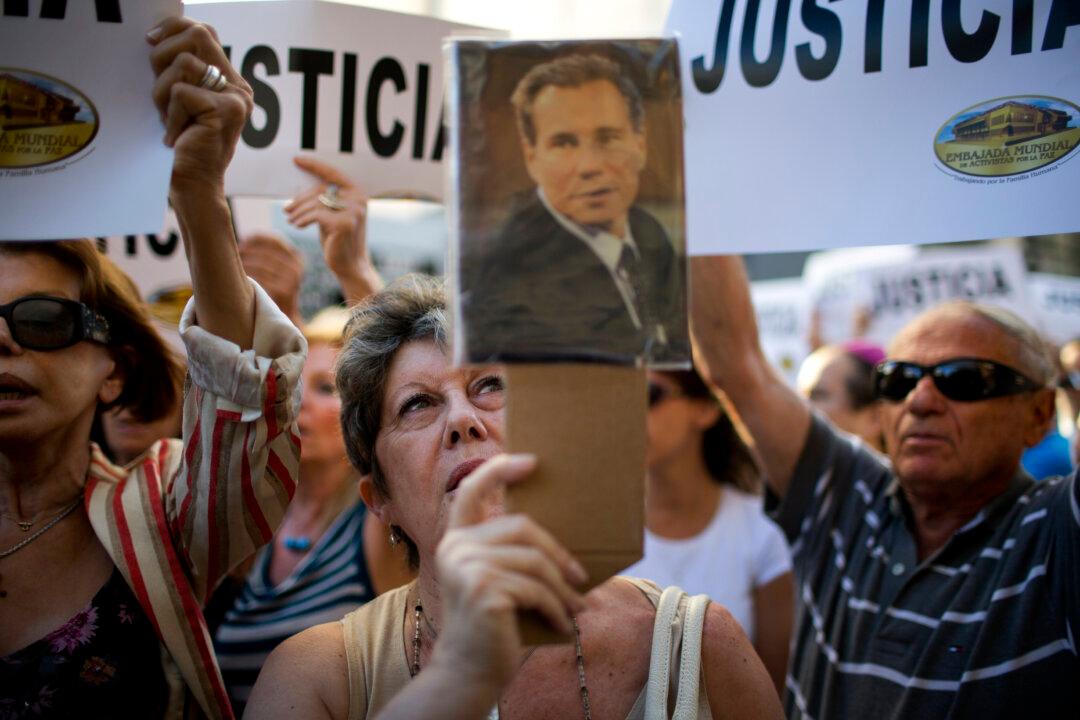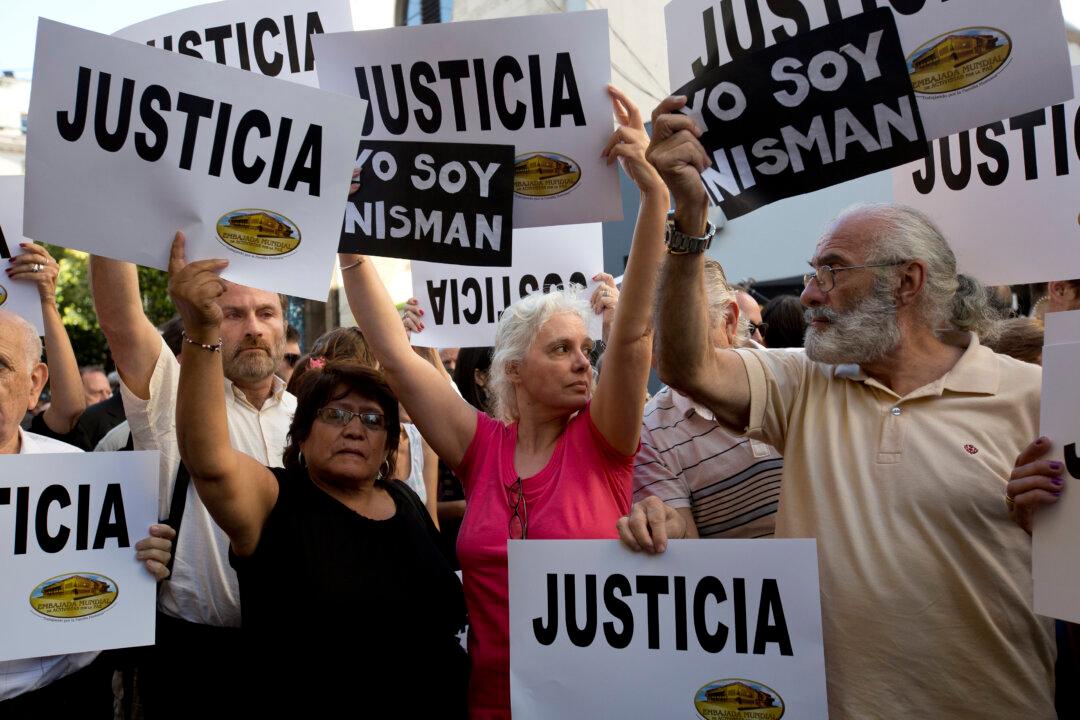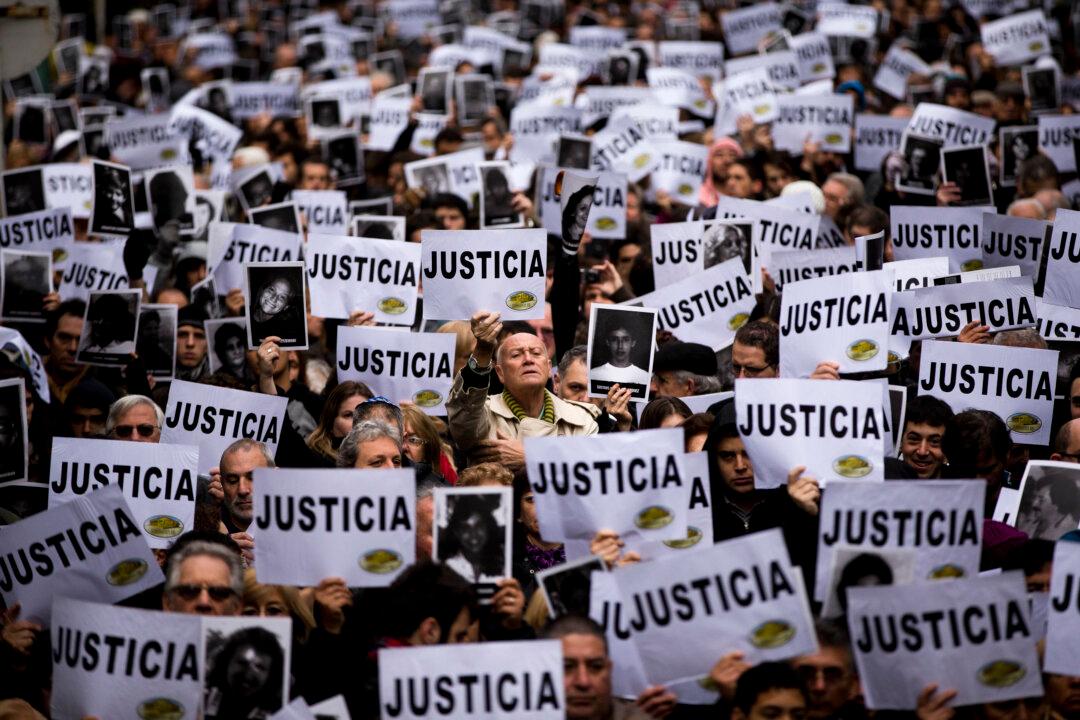BUENOS AIRES—The Argentine government and a holdout group of bond creditors led by billionaire Paul Singer will soon have a chance to renegotiate a longstanding debt dispute that U.S. courts and the United Nations have wrestled with and that ultimately could affect debt restructuring worldwide.
The so-called Rights Upon Future Offers clause, built into renegotiated debt exchanges in 2005 and 2010, expires at midnight Wednesday. The clause obligated Argentina to provide older creditors the same terms it gave creditors in any new negotiations. Government officials cited it as a reason not to settle with the “vulture funds” — an epithet for funds that buy distressed securities and frequently used by President Cristina Fernandez to refer to the holdout creditors.
It’s anybody’s guess how soon, or even if, the two sides that have bitterly fought in court can put the past aside. In recent weeks, Argentine officials have kept up the tough talk, saying they will not bend. And NML Capital, a subsidiary of Elliot Capital Management, run by Singer, has also kept the same tune.
However, financial experts believe the expiration of the clause could clear the way for a settlement.
“The Argentine government’s rhetoric won’t change, but I think they will negotiate,” said Brett House, a senior fellow at Jeanne Sauve Foundation and a debt restructuring expert. “The incentives are all tipped for Argentina to negotiate.”
Settling the dispute could allow the country to access international credit markets after years of isolation, thus providing a boost to South America’s second largest economy at a time when Fernandez’s administration is struggling to confront myriad economic ills, from inflation to high unemployment.
Earlier this week, Cabinet chief Jorge Capitanich said there would be no change of strategy and the country would not accept “extortions of any kind.”
Meanwhile, Jay Newman, executive director of Elliott Management Corporation, told the Buenos Aires newspaper La Nacion that Argentina “has the capacity to pay all its creditors.” Calls Tuesday and Wednesday seeking comment were not returned.
Origins of the dispute go back to 2001, when Argentina had a record $100 billion default on its bonds. NML Capital and many other hedge funds bought bonds in the aftermath.
In 2005 and 2010, many creditors agreed to cut Argentina a break by swapping their bonds for new ones worth much less. Roughly 93 percent of the defaulted bonds were traded in, which helped Argentina slash its debt. NML Capital and a handful of others refused to accept those terms, and took Argentina to court. In 2012, U.S. District Judge Thomas Griesa in New York ordered Argentina to pay the holdouts. Argentina refused to pay, and in July defaulted.
For Argentines, the question of the holdout creditors is a topic of national conversation. Many blame the creditors for hurting an already struggling economy, while others express frustration with how Fernandez has made it a political issue.
“The president wants to wash her hands and blame everybody else and other governments,” said Noelia Saldano, a waitress in Buenos Aires who has two small children. “We have a noose around our necks. It’s clear that the country is in bad shape.”
How the dispute is settled could ultimately have a large impact on debt restructuring worldwide. On Monday, the U.N. General Assembly approved a plan to develop a new legal framework to restructure national debts. Developed countries like the United States, Canada, Britain, Japan and Switzerland voted “no,” casting doubt on how effective such a framework might ultimately be.
Still, there is a growing consensus that international regulations are needed to avoid standoffs like that in Argentina. The International Monetary Fund, the International Capital Market Association and other major financial bodies are closely examining the issue.
“From a global perspective, it’s very significant,” said Eric LeCompte, executive director of Jubilee Network, an anti-poverty religious group focused on debt restructuring. “What happens in Argentina could ultimately affect the outstanding $900 billion in debt stock around the world.”
From The Associated Press. AP writer Almudena Calatrava reported this story in Buenos Aires and Peter Prengaman reported from Atlanta.




